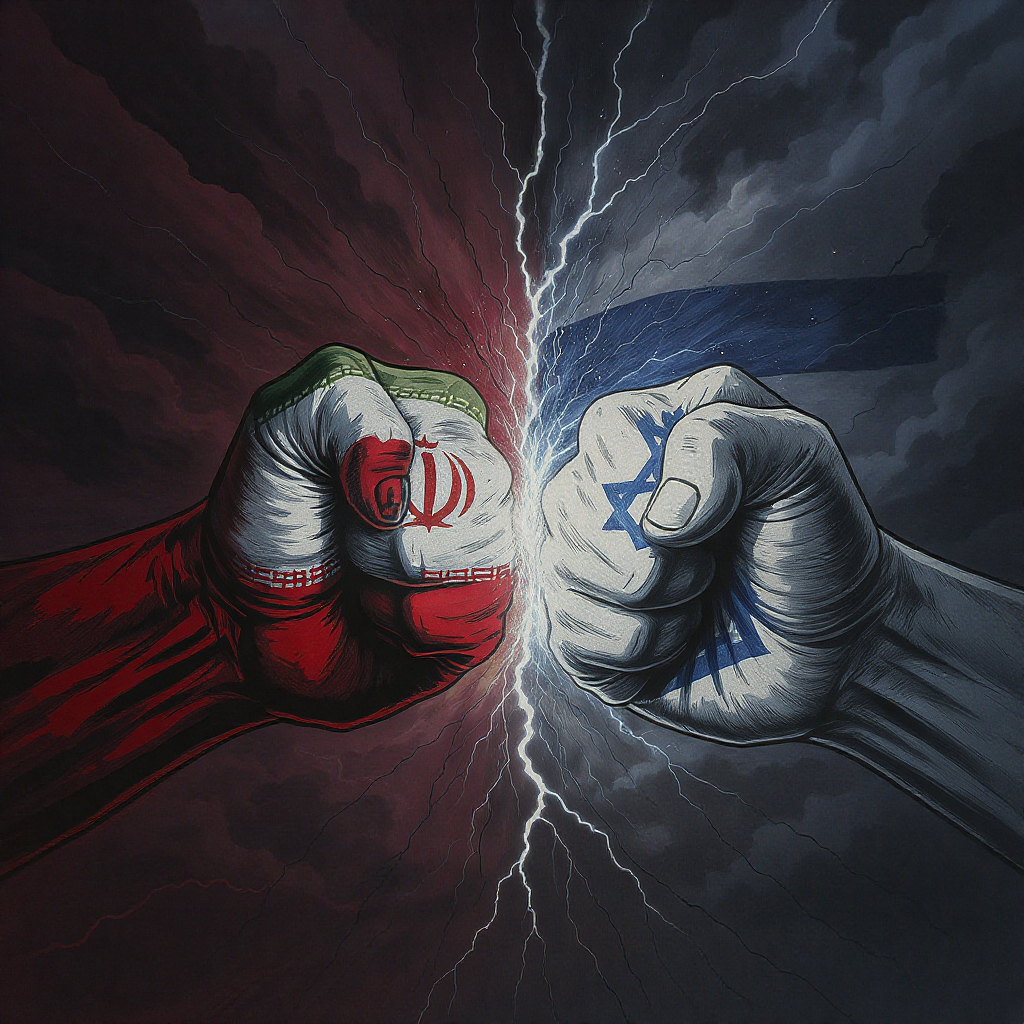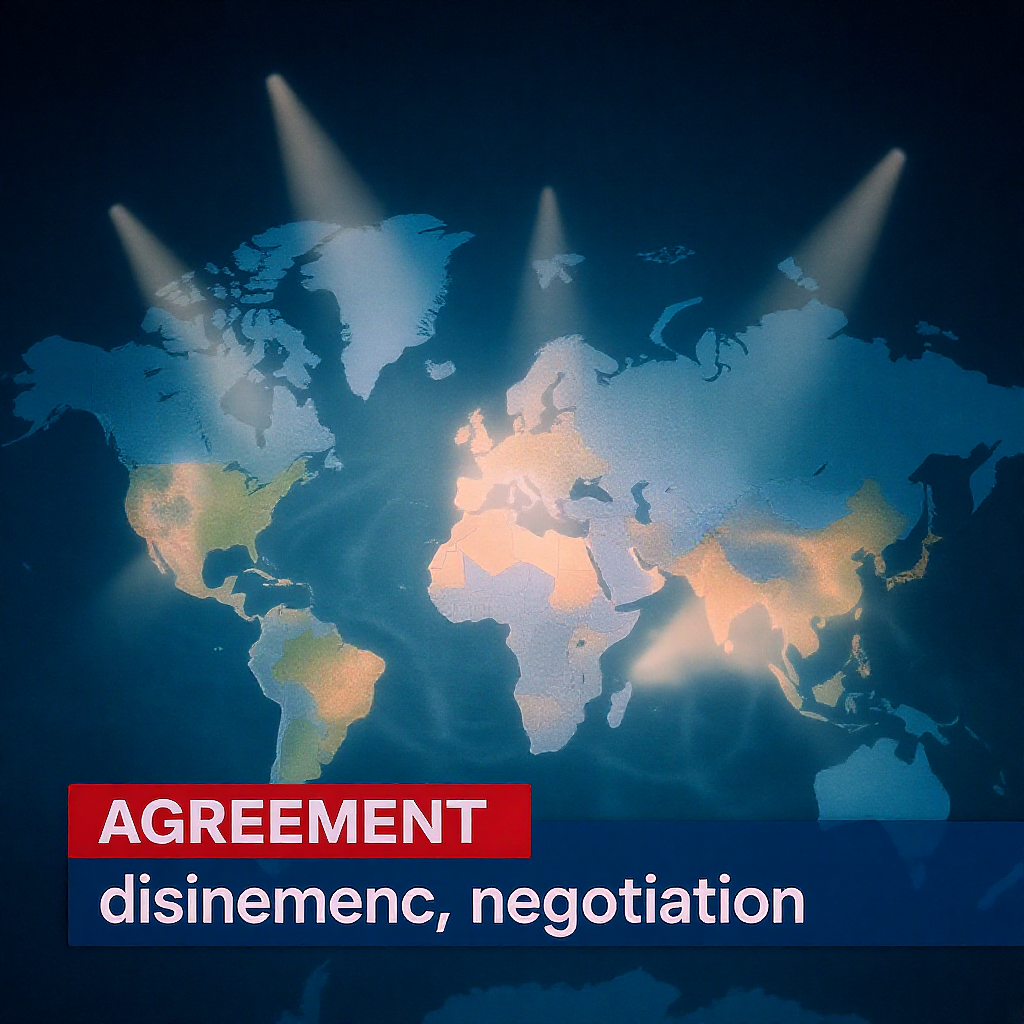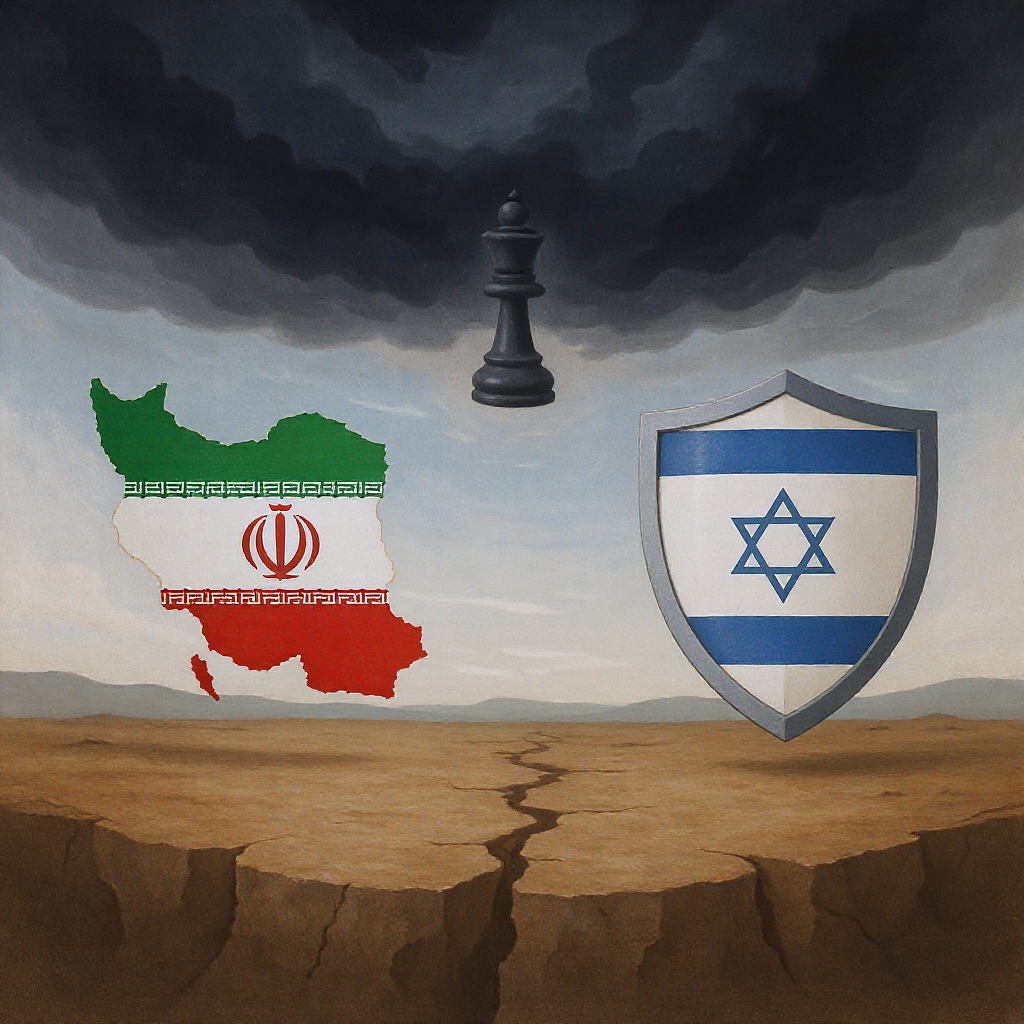The UN Security Council emergency session on June 13, 2025, saw unprecedented dramatics when China’s UN Ambassador Fu Cong openly accused Israel of conducting airstrikes on Iranian soil. Describing the strikes as a “serious violation of Iran’s sovereignty and territorial integrity,” the envoy said that such aggressive military actions would threaten an already combustible situation and could cause a further escalation of tensions across the Middle East.
China’s statement is not only an expression of its worries about a volatile flash point in a strategic region, but also of aspirations by China to lead as a stabilising global power and a protector of the existing international legal order. This blog delves into Fu Cong’s message, what Israel actually did, Iran’s response, the reaction around the world, and what this means in a broader, regional, and global diplomatic context.
Context: Rising Tensions Between Israel And Iran

The hostility between Israel and Iran had been boiling for years, based on deeply rooted ideological, proxy support of groups like Hezbollah and Hamas by Iran, and Israeli fears of Iranian nuclear ambitions.
These tensions reached the boiling point in early June 2025. The Israeli air force took out significant Iranian military sites, storage facilities for ballistic missiles and even concentrated nuclear facilities such as the Natanz enrichment complex. The offensive was one of the most potent actions with military force that Israel has publicly taken against Iran in decades, and certainly the most aggressive series of strikes carried out in the open in the years that Israel and Iran have been waging a shadow war in Syria, which has some score of fighters and advisers there.
Israel justified the operation by saying it had intelligence that showed Iran was getting ready to install advanced centrifuges and to weaponise the enriched uranium. Tehran slammed the raid as unprovoked aggression and responded with a reckless fusillade of drones and missiles that it launched at Israeli cities.
As the region edged toward full-out war, the world watched closely, including the permanent members of the UN Security Council, most notably China.
China’s Firm Stance at the UN
China’s envoy Fu Cong was speaking at an emergency session of the United Nations Security Council. Here, he offered one of the most powerful public statements from Beijing in recent years about Middle Eastern matters. His criticism of Israel’s airstrikes on Iran was not only biting but also an example of China’s changing global stance. Fu Cong said the attacks were a “brazen violation of the sovereignty of Iran and its territorial integrity”, which were unacceptable according to international law and a dangerous provocation in already strained conditions in the region.
Ambassador Fu Cong’s Statement
China’s ambassador, Fu Cong, looked out at the floor of the Security Council and delivered a blistering, unvarnished condemnation of Israel’s conduct. Here were some of the highlights in his address:
- Violation of Sovereignty
Fu Cong declared that Israel’s strikes constituted a blatant violation of Iran’s sovereignty and territorial integrity, directly contravening the UN Charter and basic principles of international law. - Risk of Escalation
He warned that continued military aggression would only worsen the situation, triggering broader conflict across the already volatile region. Fu called for all sides to exercise maximum restraint. - Support for Diplomatic Solutions
China reaffirmed its commitment to resolving disputes through dialogue and diplomacy. Fu emphasised the importance of returning to negotiations, especially regarding the Iran nuclear deal. - Nuclear Non-Proliferation Concerns
Stressing the delicate nature of the global nuclear order, Fu stated that China “strongly opposes attacks on peaceful nuclear facilities” and supports Iran’s right to peaceful nuclear energy under the NPT. - Regional Stability & Humanitarian Issues
The ambassador also tied the incident to broader regional issues, including the humanitarian crisis in Gaza, warning that unchecked aggression threatens the stability of the entire Middle East.
China’s Consistent Position
Although many were taken aback by the withering bluntness of Fu Cong’s statement, it accords fully with long-standing Chinese foreign policy tenets stressing non-interference, sovereignty, respect for international law and the principled settlement of differences through negotiation rather than force.
- Non-interference in sovereign affairs
- Upholding the UN Charter
- Support for the peaceful resolution of conflicts
- Commitment to nuclear non-proliferation
Beijing has also been an enduring diplomatic and economic partner of Iran, amidst gas and oil trade and engages in Iran’s Belt and Road Initiative (BRI) contracts. But at the same time, it has maintained ties with Israel, including strong tech and trade links.
As such, China’s message is nuanced, standing up for the principles of national sovereignty and diplomacy, but also trying to retain its image as a neutral, global mediator.
Iran’s Response
In response to Israel’s strikes — and the global response, Iran’s leadership called the attack an “act of war.” At the U.N., Iran’s ambassador thanked countries like China and Russia that had denounced the steps, and called for accountability for what it called “aggression facilitated by silence on the part of Western countries.”
Iran also emphasised that the Westphile vow that the country’s nuclear through is peaceful, and that the regime has a right to its nuclear program under the Nuclear Non-Proliferation Treaty (NPT), that it is Israel—that is not an NPT signatory and is routinely believed to hold atomic-bombs-that should be pressured by the family of nations.
Global Diplomatic Reactions

World powers react to Israel’s strikes on The international community responded to Israel’s attacks on Iran, revealing deep-seated divisions among world powers. Some countries criticised the violence, while others focused on self-defence and nuclear issues. The diverse array of global reactions reflects evolving alliances, regional anxieties and the challenges of preserving peace in a world whose poles are drifting further apart.
Russia
Russia threw its support behind China, branding the Israeli actions as a “serious violation of international law” as it charged that Western powers operated double standards.
The US and its Western allies
The U.S., while refraining from voicing support for the Israeli strikes, defended Israel’s right to self-defence and urged both sides to de-escalate. Washington insisted its objective was to prevent a nuclear-armed Iran using diplomacy.
European powers — including France, Germany and the UK — also called for restraint, but expressed concern about Iran’s nuclear aspirations and its funding of non-state militias in the region.
Arab and Muslim countries
Countries such as Saudi Arabia, Qatar, Pakistan, and Jordan also criticised the strikes, characterising the relentless bombardment as reckless and destabilising the relentless bombardment. Some even temporarily closed their airspace to avoid getting dragged into the fighting.
The Role of the UN
The vote underlined that the UN Security Council is split, which frequently occurs when Israel is involved in conflicts. The veto power has, in the past, stopped any action, but the special session did let global opinion be known. China and Russia’s condemnations don’t lead to a resolution, but they set the diplomatic tone and put pressure on Israel and its allies.
“Like any other country, Afghanistan has the right to live in peace and security and to protect its people,” António Guterres, the secretary-general of the United Nations, said in a statement in which he added that targeting nuclear sites and civilians “would have devastating consequences.” “More than ever,” the statement he issued added, “Afghanistan needs an end to violence and a return to talks.”
Geopolitical and Strategic Implications

The rising reverse of power between Israel and Iran, and the growing loud voice of China at the UN, signal a big change in the world order. And as China rises to challenge the West on the precepts of sovereignty and international law, the episode illustrates the profound geopolitical implications of the crash, which is challenging the U.S.- and European-centred regional order, even refashioning the diplomacy of the Middle East.
1. China’s Emerging Role in Middle East Diplomacy
This episode underscores that China is increasingly willing to play high-stakes geopolitical hardball. No longer content with quiet diplomacy, Beijing is now speaking up on the world stage to influence the rules of the global order.
2. Challenge to Western Dominance
In criticising Israel, a major American ally, China also subtly undermines American dominance in Middle Eastern affairs. It reads as a counterweight in favour of peace, international law and sovereign rights.
3. Nuclear Non-Proliferation Under Pressure
With nuclear plants under attack, the global atomic regime is under siege. Its insistence on the peaceful nature of Iran’s nuclear rights reflects its fear of botching the NPT regime.
4. Increased Risks of Regional War
And the greatest risk is still in place: The risk of a larger war that involves not just Israel and Iran but also proxies in places as far afield as Lebanon, Iraq, Syria and Gaza. Fu Cong’s caution about escalation was not abstract — it was a concrete and immediate danger.
Conclusion
China’s denunciation of Israel’s behaviour is much more than a matter of diplomatic rhetoric—it’s a statement of principle, strategy, and ambition. As tensions escalate and the Middle East again contemplates full-scale war, China is finding its place: as a protector of sovereignty, a proponent of peace, and possibly even a mediator in the pursuit of it.
Whether the call is answered is another question. But at a time when multilateralism is being tested, China’s approach at the UN presents a model of its own—one based on law, dialogue, and balance.